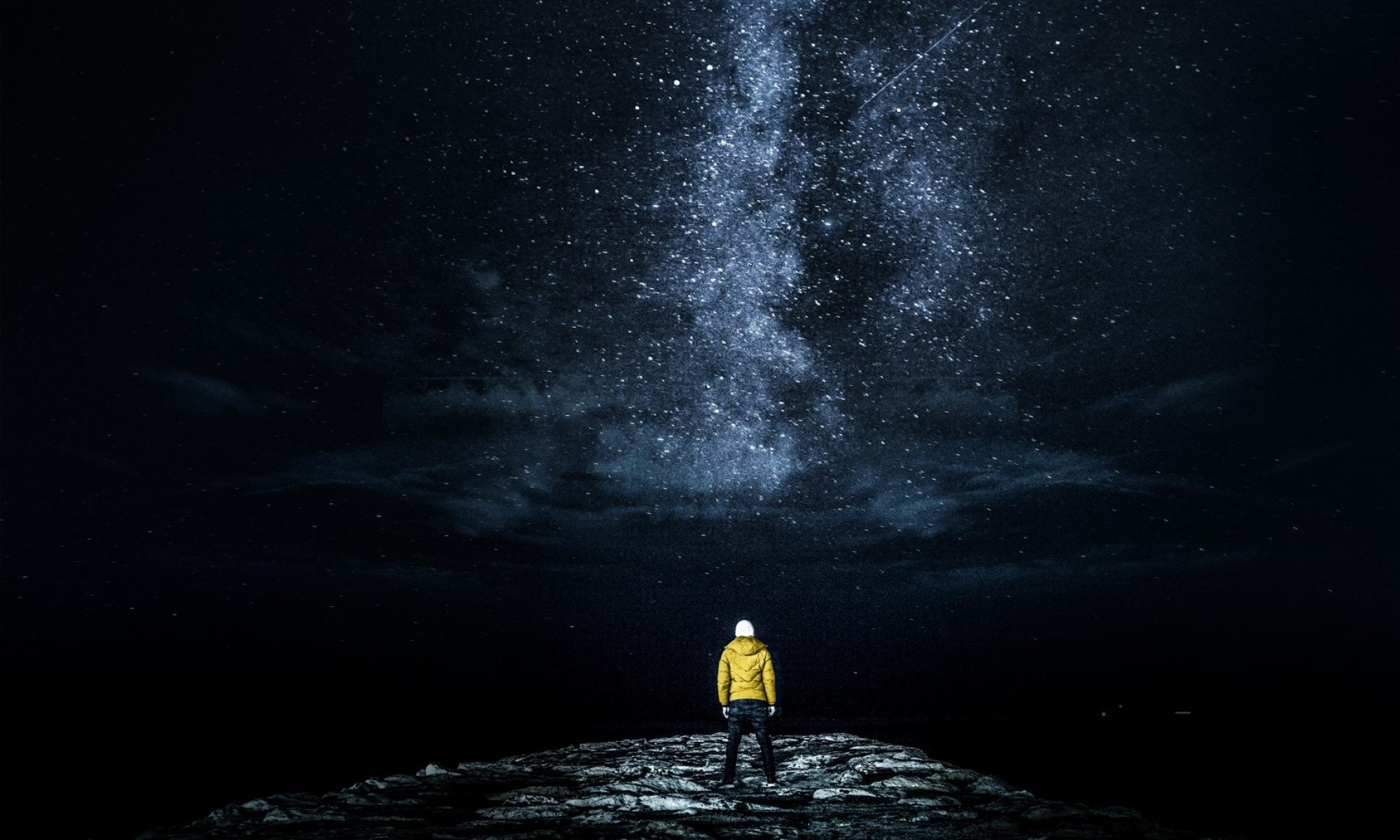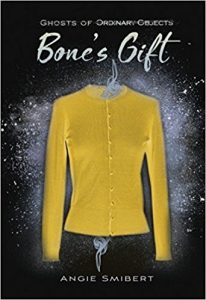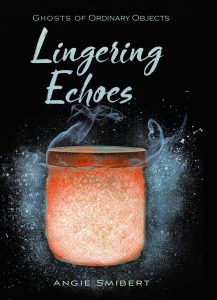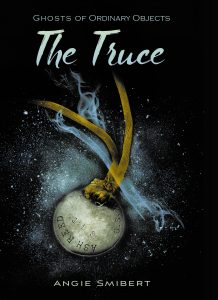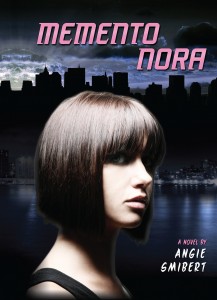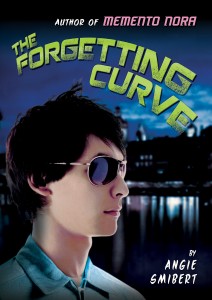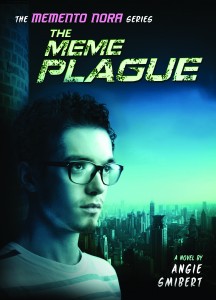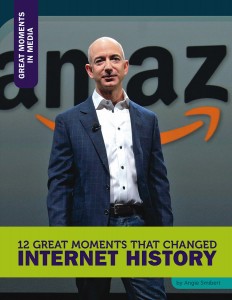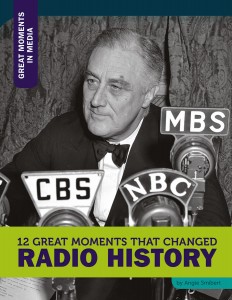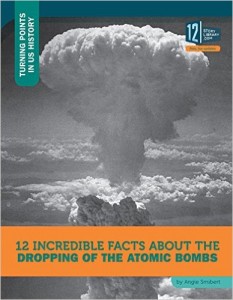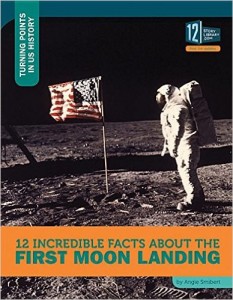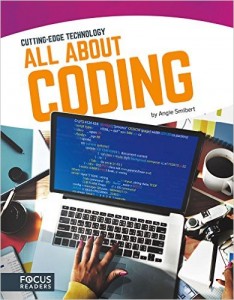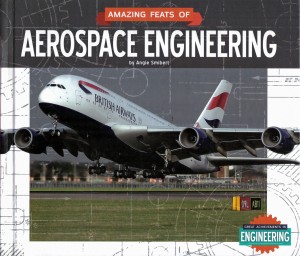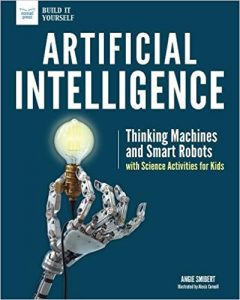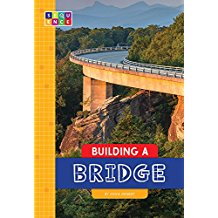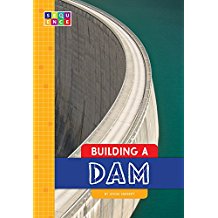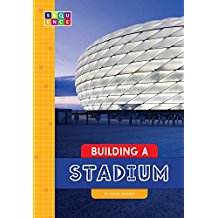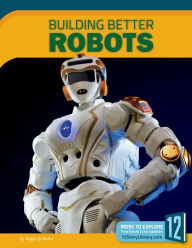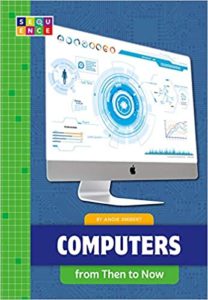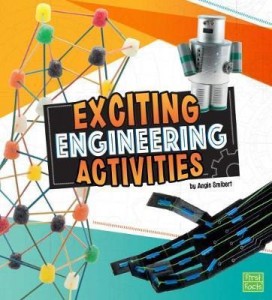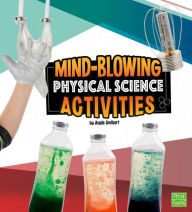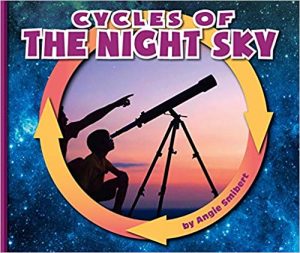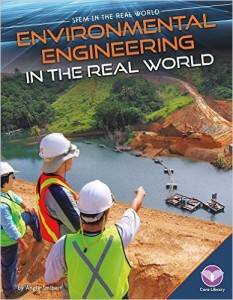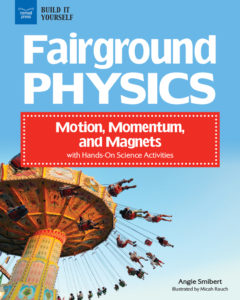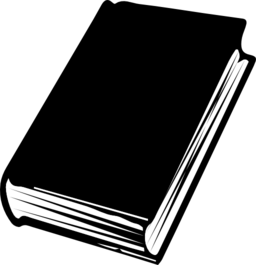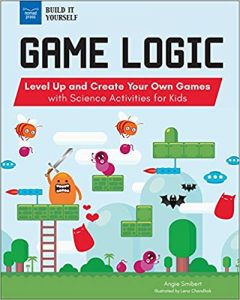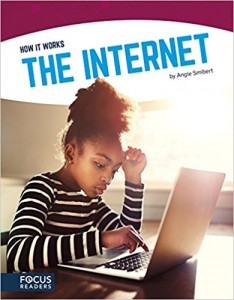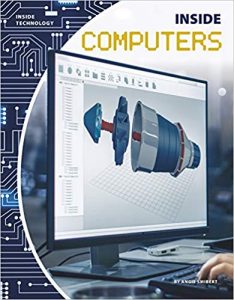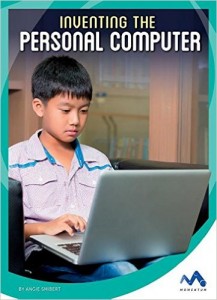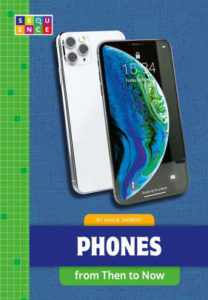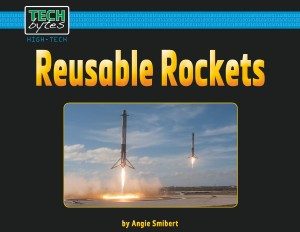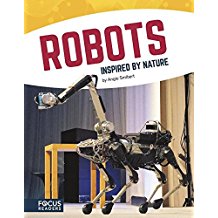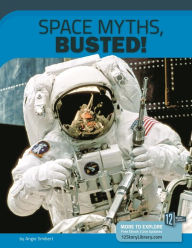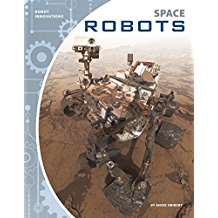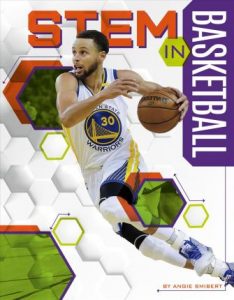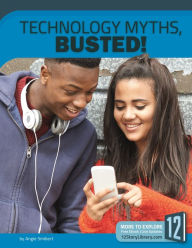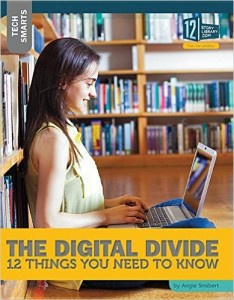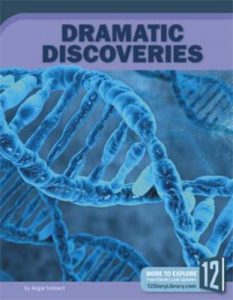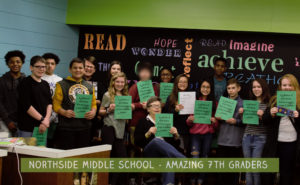
I love working with teachers and librarians! Below I’ve assembled info on my school/library visits and presentations as well as a number of resources related to my books.
- School and Library Visits (in person and via Skype)
- Ghosts of Ordinary Objects series (MG) resources
- Lesson Plans and Activities
- Books
- Websites
- Memento Nora Series (YA) resources
- Nonfiction
School and Library Visits
My in-person author presentations are $250 / day in the greater Southwest Virginia area (driving distance from Roanoke) and $300 plus expenses outside that area. (The latter is negotiable!) See below possible presentations. I am open to collaborating with teachers and librarians to present anything awesome having to do with writing, Appalachia, science fiction, STEM, or whatever.
Skype visits are free for the first half hour. ($50/hour after that.) I ask that all students have read at least one of my books. (That’s for Skype or chat only.) I typically read from the newest book and answer questions in Skype visits.
Presentation Topics:
Ghosts of Appalachian Folklore. In the Ghosts of Ordinary Objects series, the main character loves Appalachian folktales, including Jack Tales, Ashpet, and devil / spirit dog stories. In this 30-60 minute talk, I discuss a bit of the history of the region and its folktales, particularly the ones found in the books.
Mining your own Family History. The Ghosts series grew out of my own interest in family history. My mother’s family is from a small community in Southwest Virginia called McCoy. (Big Vein is based on it.) Until the 1950s, it was a coal mining ‘town’ along with many other places in the New River Valley. This talk (30-60 minutes) is about the history of this area (and the time period in which the book is set).
World Building 101. One of my favorite things to talk about, world building covers how to come up with the world of your story, whether it’s science fiction, fantasy, historical, or contemporary. This 60-90 minute workshop was designed for teens but could be adapted to any audience. Take a peek at the presentation: World Building 101.
How to Sell Your YA (or any) Novel. (Or, You’ve Finished the Novel, Now What?) This 30-60 minute talk is suitable for writer’s conferences and teen groups. I go over the basics of what you need to do once you’ve finished your first novel, including how to write a query letter. I can also cover short stories. Here’s a version of the presentation I gave for teens: Getting Published 101.
Where do Ideas Come from (and What do You do with Them)? This is designed to be 1-2 hour workshop for teens / tweens. (It could easily be adapted for adults.) We talk about how to generate ideas for stories, and then we do several exercises so that the students end up with several ideas for stories they might like to write. If it’s a 2-hour (or more) workshop, we then go over what makes a story and work on developing one of their ideas into one. Here’s a version of the presentation I gave for teens: Where Ideas Come From.
Taking Risks (in Writing) (Or, Learning to Fly on the Way Down). This is a talk I gave for the MFA program at Hollins University. I shared my story as a writer, centering around the idea of taking risks in both my career and the writing itself.
Scheduling:
Email me through my contact page.
How to prepare for an author visit:
Cynthia Letitch Smith has some great tips on how to host an author.
Ghost of Ordinary Objects Series
Lesson plans and activities
- Book talk on the series (in Adobe Spark)
- Appalachian Folklore in Bone’s Gift (written by professor Tina Hanlon of Ferrum College)
- Your Family Tree Activity –
 students get to explore Bone’s family and fill out their own family tree. (PDF)
students get to explore Bone’s family and fill out their own family tree. (PDF) - Bone’s Gift – an Appalachian storytelling game. A printable card game that teaches storytelling skills.
- (Ghost) Stories of Ordinary Objects Activity – object (photos) prompts and mini-lesson plan for story writing.
Books – Appalachian and Other Folktales

- The Jack Tales and Grandfather Tales by Richard Chase. Chase collected folktales in Southwest Virginia and western North Carolina in the late 1930s and compiled them into these two books.
- Virginia Folk Legends edited by Thomas Barden. These are some of the folktales and stories collected by the Virginia Writers’ Project from 1937-42. After the WPA workers collected them, the stories sat in storage for decades! Barden collected them into this volume.
- Virginia: A Guide to the Old Dominion. This travel guide was compiled by the writers of the Federal Writers Project. Unlike the folktales, though, this book was published in 1940.
- Origin of the Milky Way and Other Living Stories of the Cherokee by Barbara Duncan. She collected Cherokee folklore. The story of Forever Boy comes from this collection, and Duncan has several more.
Websites – Appalachian Folklore and History
- Resources for Readers and Teachers of Appalachian Literature for Children and Young Adults
- Appalachian History
- The Moonlit Road
- Stories: The History of Appalachia, One Story at a Time (Podcast)
- The Appalachians (PBS DVD) [Link to Part 1 on YouTube]
- How to pronounce Appalachian (and why) by Sharyn McCrumb
- The Virginia Writer’s Project – entry from the Encyclopedia of Virginia
- LOC Manuscripts from the Federal Writers’ Project
Websites – Coal Mining in SW Virginia

- Coal Mining Heritage Oral History Project – In the late 1990s, Radford University collected oral histories from locals who’d been involved in coal mining in the New River Valley. My great uncle Scotty (Leo Scott) was interviewed twice for the project.
- Beckley, WV Exhibition Coal Mine Park – During the summer months, you can tour this once working coal mine and the attached coal camp, including miners’ houses, school, and church.
- History of Coal Mining in Blacksburg – Exhibit at Blacksburg Museum (Info on exhibit in this Radford News Journal article)
- Coal Mining Heritage Park and Loop Trail – This Blacksburg park and trail were built to commemorate the Merrimac coal mines.
Memento Nora Series
- Memento Nora Project – (Now closed, but you may be able adapt materials to your classroom or book club.)
- Resources for creating comics.
- Low-tech challenge.
- Science of TFC.
- Inspirations for elements of the book.
- Discussion questions.
Nonfiction
More coming soon. For now, see individual books!
